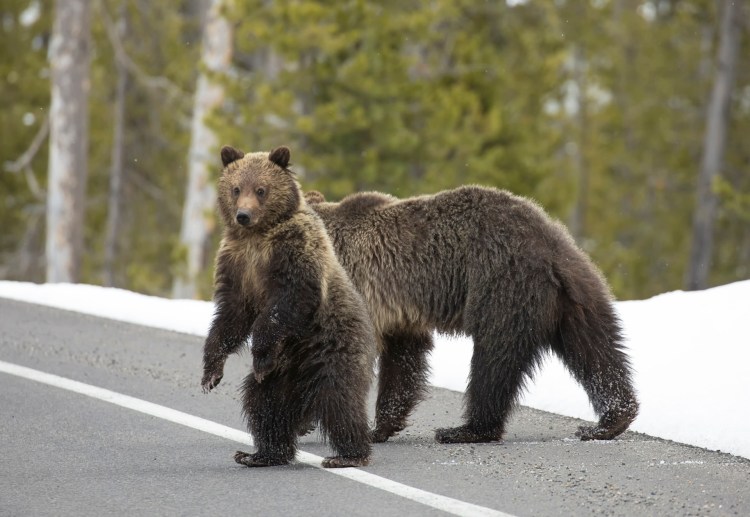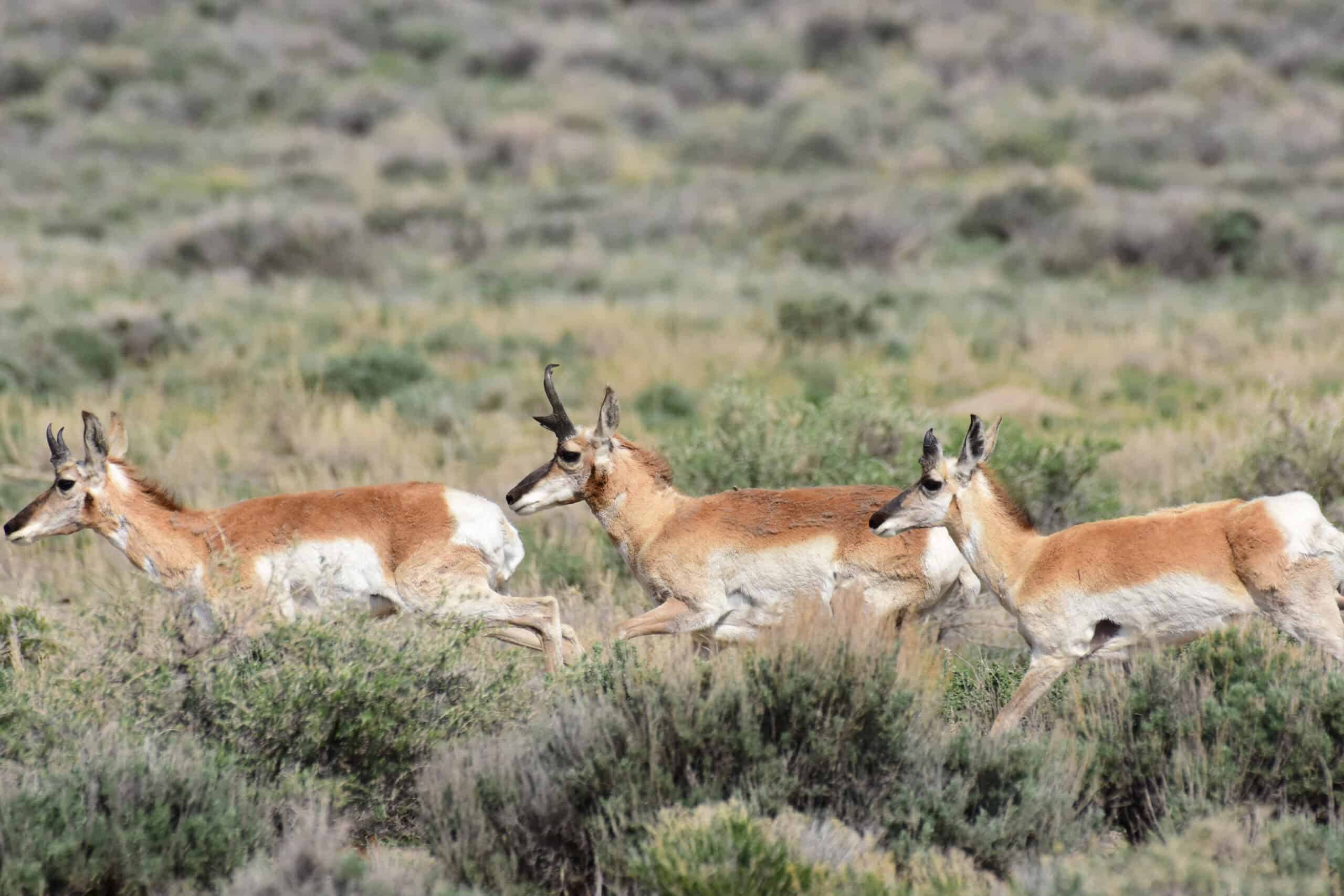What do you think of when you hear the term “wildlife conservation”? Most probably, you are picturing a sanctuary for endangered species, and you are not wrong. However, there’s more to this type of natural organization. It also helps with preserving ecosystems, fostering biodiversity, and, in a more global sense, making sure that future generations can experience the beauty of our natural world. However, if you are not very familiar with the topic or just eager to learn more, reading is a fantastic way to gain insight into how to make a tangible difference in the fight to save our planet’s wildlife.
This post is our try to make some of the best wildlife conservation books out there more popular. If you’re also a student or someone interested in wildlife rehabilitation, removal efforts, or even wildlife photography, these books might help fuel your passion and provide you with some deeper knowledge as well. And if any of the presented long-form stories will inspire you to start writing on your own, you can check out Academized reviews to help you find the support for your creative efforts. As an alternative, you can always just give AI writing a try.
Now, without further ado, let’s get a closer look at the list of top wildlife conservation books for eco-warriors and see whether they can inspire and motivate you toward positive change.
1. Silent Spring by Rachel Carson
Published in 1962, Silent Spring is a groundbreaking book that exposed the environmental dangers of pesticides, particularly DDT. Rachel Carson’s work helped to raise awareness of chemical pollutants and their harmful effects on wildlife and ecosystems. It played a key role in the development of the U.S. Environmental Protection Agency. This book provides the context necessary for understanding why were the principles in the North American Model of Wildlife Conservation developed, particularly in response to growing environmental threats.
Key Themes: Pollution, chemical effects on wildlife, environmental health.
2. The Sixth Extinction: An Unnatural History by Elizabeth Kolbert
Elizabeth Kolbert’s The Sixth Extinction takes a hard look at the ongoing extinction crisis, much of which is caused by human activity. This book explores how climate change, habitat destruction, wildlife removal, and other factors are pushing species toward extinction at alarming rates. For anyone who cares about global flora, fauna, and biodiversity, this is a sobering but much-needed read.
Key Themes: Biodiversity loss, climate change, human impact on wildlife.
3. The Hidden Life of Trees by Peter Wohlleben
Be prepared because this book will completely change how you view forests. Wohlleben reveals that trees communicate, share resources, and just play tremendous roles in supporting ecosystems. This can be a go-to read for basically anyone involved with nature: wildlife photographers and nature lovers. However, this book will especially benefit those who believe their life goes p[parallel with nature, as it will show and deepen the appreciation of the interconnections between all living things.
Key Themes: Forest ecology, interspecies communication, ecosystems.
4. The Elephant Whisperer by Lawrence Anthony
In this piece, Lawrence Anthony recounts his work with a herd of wild elephants in South Africa. His story showcases the deep emotional bonds between humans and animals, as such highlighting the importance of protecting large mammals from poaching and habitat loss. For any wildlife rehabilitator, this book offers a heartwarming example of the impact that dedicated conservation work can have.
Key Themes: Elephant conservation, human-animal bonds, African wildlife.
5. The Wild Trees by Richard Preston
The Wild Trees by Richard Preston is a fascinating exploration of the hidden world found in the canopies of ancient redwood forests. Through Preston’s engaging storytelling, we follow a group of scientists and explorers as they go head-on into these towering ecosystems, discovering life forms that exist far above the forest floor. What makes this book so compelling is that it offers a unique perspective on forests, showing how much there is still to learn about these incredible ecosystems. Who knows, maybe it might be just the right read to spark a deeper appreciation for nature’s complexities.
Key Themes: Forest ecosystems, adventure, environmental exploration.
6. The End of the Game by Peter Beard
We’ve decided to include this book because it combines stunning photography with a sobering message about the decline of big game species in Africa due to overhunting. This beautiful coffee table piece serves as both art and a powerful reminder of the importance of global wildlife conservation. It’s a must-read for those who want to see how art and activism can work hand-in-hand to promote change.
Key Themes: African wildlife, overhunting, conservation art.
7. A Sand County Almanac by Aldo Leopold
A Sand County Almanac is one of the most important works in environmental literature, reflecting on our ethical responsibilities to the land. Leopold’s “land ethic” teaches that we are part of the natural community and must care for it. This book lays the foundation for many conservation practices used today and is a valuable resource for anyone asking, “What provides the set of guiding principles for managing wildlife resources?”
Key Themes: Environmental ethics, land stewardship, nature writing.
8. The Snow Leopard by Peter Matthiessen
Reading this piece, you will follow Peter Matthiessen’s journey through the Himalayas in search of the elusive snow leopard. In the end, you will find it to be more than just an adventurous story, but a spiritual reflection on the connection between humans and nature. If you’re passionate about wildlife photography or simply fascinated by endangered species, The Snow Leopard is the book that you shouldn’t skip adding to the reading list.
Key Themes: Wildlife exploration, human-nature connection, endangered species.
9. The Last Panda by George Schaller
Here, George Schaller documents his experiences studying giant pandas in their natural habitat. The book explores the challenges of protecting an endangered species and the delicate balance required in conservation work. This is a rather needed read for anyone interested in endangered species and the principles that underlie wildlife rehabilitation efforts worldwide. Something tells us that our current National Wildlife Federation could also potentially benefit from reading this literary work.
Key Themes: Animal conservation, endangered species, wildlife research.
10. Losing Eden by Lucy Jones – Why Our Minds Need the Wild
Lucy Jones’ Losing Eden explores the connection and mutual influence between nature and mental health. In an increasingly urbanized world, she argues that humans need green spaces for psychological well-being. This book speaks to the importance of preserving natural environments and their role in ecological and human health, resonating with anyone feeling disconnected from the wild (especially those sitting in office cubicles 9 hours a day).
Key Themes: Nature and mental health, urbanization, ecological well-being.
11. For the Love of Land by Jim Howell
The last work on our list explores how sustainable agriculture can work hand-in-hand with wildlife conservation. Howell presents case studies from around the world that demonstrate how we can meet human needs while protecting ecosystems. If you’re interested in land management and wildlife conservation society principles, this book will show you how to balance development with the preservation of nature.
Key Themes: Sustainable agriculture, land management, conservation solutions.
Final Thoughts
Each of these books basically presents a separate wildlife learning center. Yet, they also offer something unique: an emotional journey, a deep scientific analysis, or an ethical exploration of our relationship with nature. We encourage you to start exploring these books and thinking about how you can contribute to the preservation of our planet’s rich biodiversity. Every small action makes a difference. So, whether you’re using wildlife photography to spread awareness or just learning about the principles that guide conservation efforts, you’re part of something much bigger.







Leave a Reply